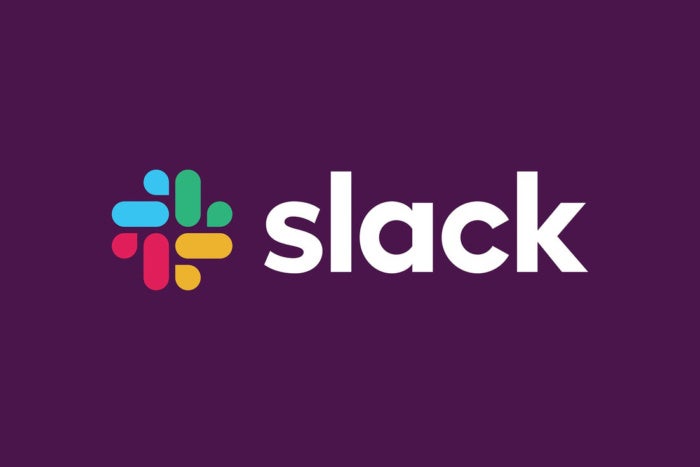Slack tweaks desktop app to be faster, more efficient

Credit to Author: Matthew Finnegan| Date: Mon, 22 Jul 2019 09:50:00 -0700
Slack has overhauled its desktop software, adding offline access and tweaking the software for faster load times.
Recent efforts to improve the desktop app were highlighted at Slack Frontiers last year and the coming update – which the company says will launch 33% faster than before – will be available to users “over the next few weeks.”
Calls made to team mates via the app should be a speedier too, up to 10 times quicker, Slack said. “That could mean the difference between showing up to a meeting on time or not,” the company said in a blog post Monday. “These moments saved can quickly add up, giving you more time to focus on the tasks at hand.”
Slack also said the desktop app will run more efficiently, with a 50% reduction in memory use in some cases. While many users may be unaware of the change, those that routinely switch between memory-draining applications may benefit.
“These changes are mostly under-the-hood and should be unnoticed by users,” said Larry Cannell, a research director at Gartner. “Companies that use a large number of workspaces will see improvements in desktop memory use and startup times, likely leading to snappier desktop performance for users.
“I haven’t heard of any problems before this, but it’s good that Slack recognized the limitations in their current approach and moved to fix them,” he said.
In addition, the desktop app will soon be available offline, meaning users without an internet connection will still be able to launch the software and view conversations.
On an unrelated note, Slack last week announced that it will reset passwords for users that may have been affected by a 2015 hack. The incident allowed hackers to gain access to a database containing profile information such as usernames and encrypted passwords. The attackers also inserted code that stole passwords in plain text as they were entered by users, prompting Slack to encourage customers to reset passwords.
The company was anonymously tipped off recently that user credentials related to accounts logged in to Slack during the 2015 security incident might be affected. That prompted the decision to reset passwords for all accounts active during that period.
“We have no reason to believe that any of these accounts were compromised, but we believe that this precaution is worth any inconvenience the reset may cause,” the company said in a blog post. “However, we do recognize that this is inconvenient for affected users, and we apologize.”
Those who joined Slack after 2015 – roughly 99% of its current user base, according to Slack – are apparently unaffected, as are accounts that require single-sign through a company’s network. Slack has 10 million daily active users according to stats released in January.
The company recently completed its successful public listing, with a valuation of around $19.5 billion on its first day of trading, and is under pressure from rival Microsoft; the Redmond, Wash. developer now claims that its Teams app has 13 million daily users.
Slack CEO Stewart Butterfield downplayed the competitive threat at the Fortune Brainstorm Tech conference last week, pointing out that Microsoft came to prominence facing the dominance of IBM, while Microsoft lost out to Google in search, which in turn saw its social network lose out to Facebook.
“The lesson that we take from that is that a smaller company, if it has real traction with customers, in some cases has a bit of an advantage against a large incumbent with multiple lines of business,” Butterfield said. He argued that the larger a company gets, the harder it is to maintain a focus on quality of user experience.
“Whatever Microsoft does, we are still going to do the same thing that we would do for our customers,” he said. “So if the performance of our application – like the number of milliseconds it takes to start up – is an important thing for customers, then we will do that. If shared channels are an important feature, we will develop that.”